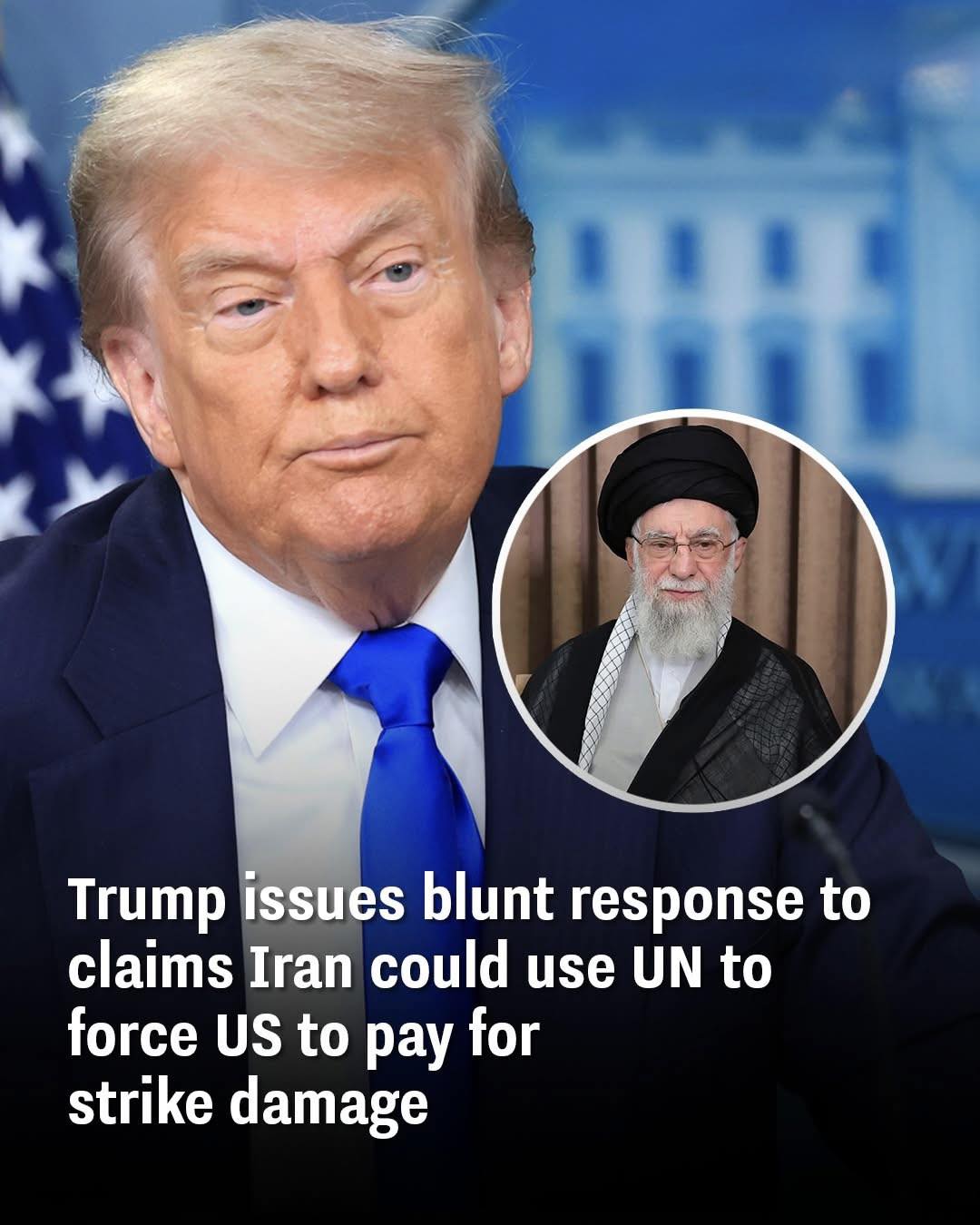Trump Dismisses Iran’s Call for UN Reparations Over US Strikes
Former President Donald Trump has dismissed Iran’s formal request to the United Nations for reparations, calling the claim “ridiculous” during a brief July 4th interview at the White House.
The comments come in the wake of a dramatic military exchange between the United States and Iran. On June 21, the U.S. launched a coordinated strike targeting key Iranian nuclear facilities, including Fordow, Natanz, and Esfahan. Trump later described the operation as a “complete success.”
In retaliation, Iran fired missiles at two key military bases housing U.S. forces — Al Udeid Air Base in Qatar and Ain al-Asad in western Iraq — escalating already heightened tensions in the region.
Iran’s Foreign Minister, Abbas Araghchi, addressed a letter to UN Secretary-General António Guterres, accusing the United States and Israel of launching unprovoked attacks and violating international law. In the letter, Araghchi urged the Security Council to hold both nations responsible for the damage and to impose reparations.
“The attacks deliberately targeted hospitals, relief centers, and civilian infrastructure,” the letter claims. “We ask the Security Council to recognize the United States and Israel as aggressors and compel them to compensate for the destruction.”
When questioned about the letter during Independence Day events, Trump responded bluntly: “It’s pretty ridiculous,” declining to comment further on the situation.
The diplomatic clash adds to an already complex international standoff, with cyber threats now emerging as part of the conflict. A group calling itself “Robert,” reportedly affiliated with Iranian hackers, has claimed to possess over 100 gigabytes of stolen data from figures associated with Trump’s administration. According to Reuters, the group alleges it accessed email accounts linked to Trump allies, including White House staffer Susie Wiles, attorney Lindsey Halligan, advisor Roger Stone, and even adult film actress Stormy Daniels.
While the contents of the hacked material have not been independently verified, the threat of release raises further questions about digital security and ongoing tensions between Iran and the United States.
As international attention shifts toward the UN’s response, global leaders continue to monitor how the situation will unfold diplomatically, militarily, and online.
